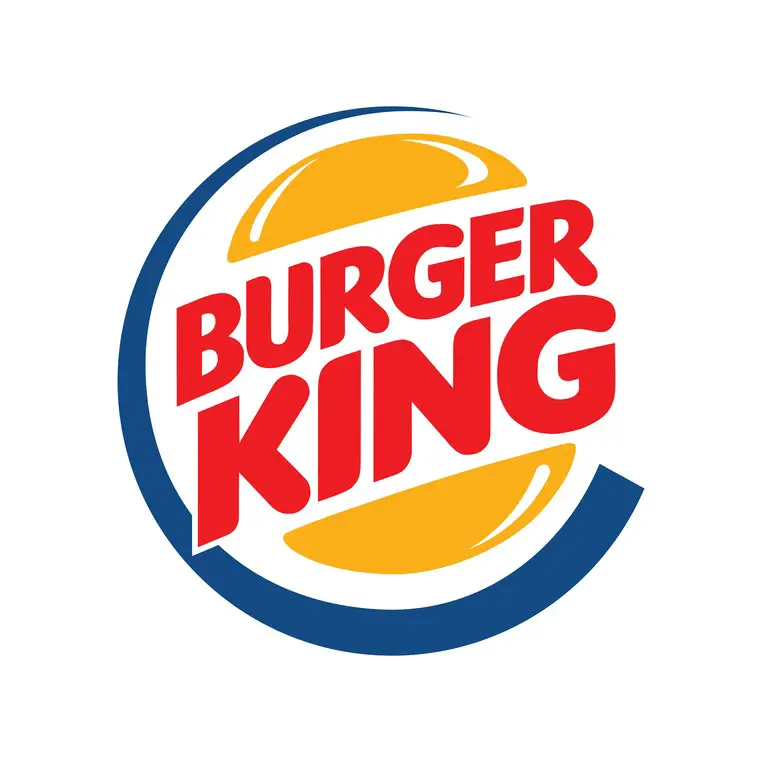While Burger King remains a popular fast-food choice globally, recent revelations and ongoing controversies have cast shadows over its golden arches. From legal battles to ethical breaches, the details emerging about this burger giant might make you think twice before ordering your next Whopper. In this article, we delve into several key issues that have stirred public debate and could influence your dining decisions. Let’s peel back the layers of this fast-food empire and see what’s really cooking beneath the surface.
1. Service and Food Quality Complaints
It’s no secret that fast food can be hit or miss, but for Burger King, customer complaints have often pointed to a consistent pattern of issues. According to various Tripadvisor reviews, patrons have encountered everything from unacceptably long wait times to subpar food quality, with soggy fries and tough chicken all too common.
This isn’t just isolated to one location but seems to be a more widespread problem across several outlets. Such experiences damage the brand’s reputation and suggest a systemic issue within the company’s operations that could deter future patronage.
Improvements in training staff and maintaining food quality standards are necessary steps that Burger King needs to address to regain consumer confidence and ensure customer satisfaction.
2. Accusations of Hosting Drug Trade
One of the most shocking allegations against a Burger King outlet involved claims that a location in New York City was used as an open-air drug bazaar. A $15 million lawsuit alleges that the site facilitated drug dealing and attracted unruly elements, which drastically affected the local community’s quality of life.
Such incidents highlight severe management failings and oversight issues, raising significant concerns about the safety and security protocols in place at some Burger King locations. This not only poses risks to public safety but also tarnishes the brand’s family-friendly image.
Addressing these allegations promptly and implementing stricter control measures could be imperative for Burger King to restore its public image and ensure the safety of both customers and neighbors.
3. Unethical Business Practices
Burger King has been implicated in a series of unethical business practices, which have surfaced over the years. From the horsemeat scandal in the UK to allegations of exploiting workers with zero-hour contracts, these issues question the ethical compass of the company.
In several instances, franchisees were found violating labor laws by employing minors under harsh conditions. Such practices not only violate legal standards but also reflect poorly on Burger King’s commitment to ethical business practices.
Restoring trust in this area means enforcing stricter compliance with labor laws across all locations and ensuring that all employees, regardless of their geographical location, are treated with respect and dignity.
4. Questionable Marketing Campaigns
Burger King’s attempt at humor in their marketing has sometimes backfired, as seen with the controversial “Women belong in the kitchen” tweet on International Women’s Day. What was intended as a cheeky comment to promote their scholarship program for female chefs was widely perceived as sexist and led to a significant backlash.
This incident underscores the fine line between edgy marketing and offensive content. Burger King’s brand has been impacted negatively, showing that even global brands need to handle social media with care to avoid alienating their audience.
Learning from such missteps is crucial for Burger King. Moving forward, they must craft their marketing strategies thoughtfully to connect positively with their diverse customer base without crossing sensitive boundaries.
5. Health and Nutrition Criticisms
Although this isn’t unique to Burger King, the fast-food industry often faces criticism for contributing to health issues like obesity and heart disease due to high-calorie menus. While Burger King has attempted to offer healthier options, the core of their menu still consists of items high in fats, sugars, and sodium.
Efforts to improve nutritional content and offer more balanced choices could help mitigate these concerns and cater to a growing demographic of health-conscious consumers.
Such initiatives are not just good for public health—they can also enhance Burger King’s menu appeal to a broader audience, aligning with current dietary trends that favor healthier eating habits.
6. Legal Troubles and Animal Welfare Concerns
Burger King has faced its fair share of legal issues, from disputes over trademark rights to more serious accusations concerning the treatment of animals by its suppliers. Notably, animal rights organizations like PETA have highlighted poor conditions and practices, leading to public uproar and demands for higher welfare standards.
In response to the backlash, Burger King has made commitments to improve conditions and has established new welfare standards. However, the effectiveness of these changes remains under scrutiny by activists and consumers alike, who continue to monitor the situation closely.
The legal troubles extend beyond animal rights, impacting the brand’s reputation and causing ripples of concern among its customer base. Such issues are crucial as they reflect on the company’s operational ethics and its accountability to societal norms and regulations.
In conclusion, while Burger King remains a major player in the fast-food world, these controversial issues cast a long shadow over its crown. From ethical missteps to health concerns, the company faces significant challenges in maintaining its market position and public trust. However, with effective management and genuine commitment to improvement, Burger King can address these controversies and redefine its legacy in the fast-food industry. Whether these efforts will be enough to restore its tarnished image remains to be seen, but one thing is certain—the road ahead will be anything but bland.

